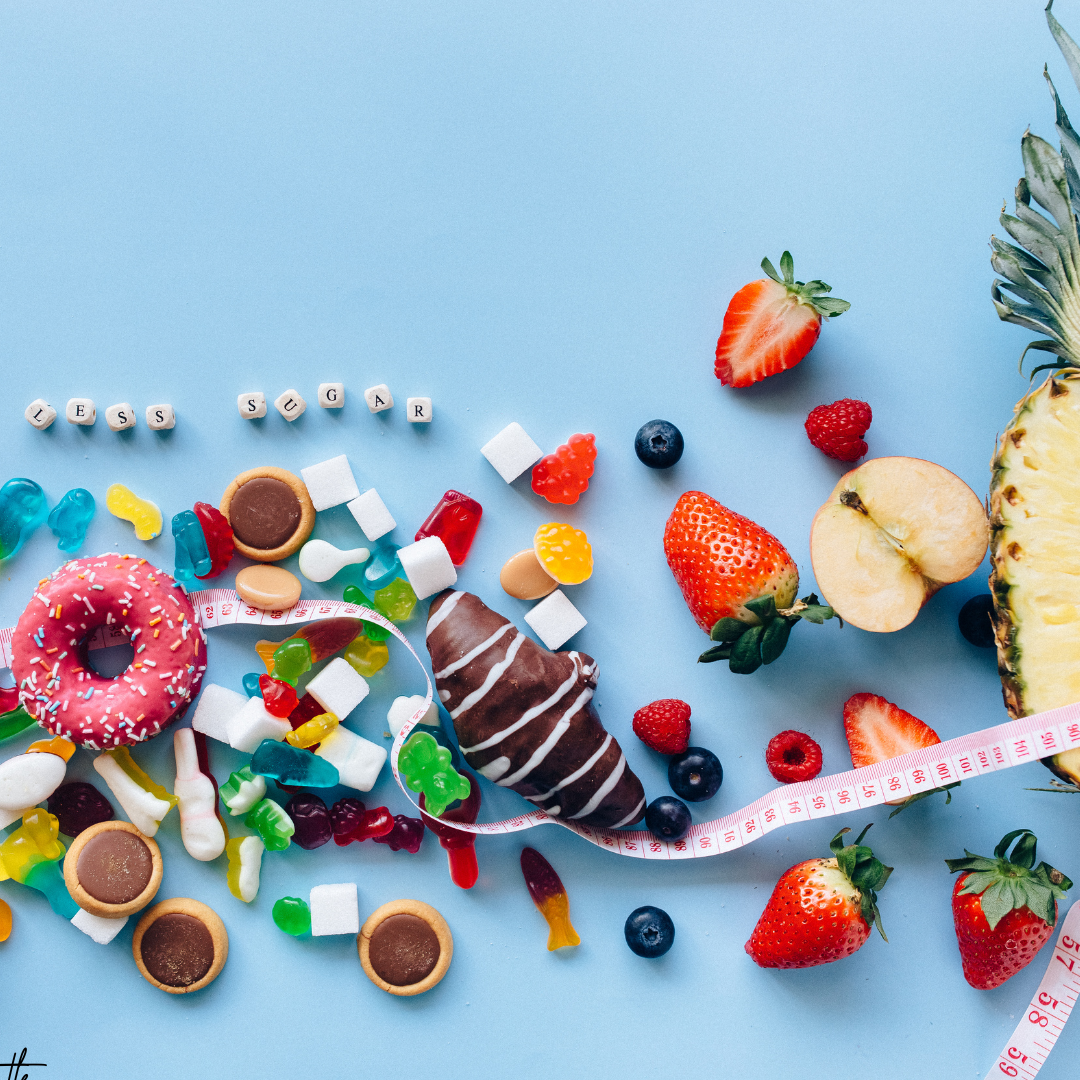
Sugar, Scandal, and Sickness: The Truth About High Fructose Corn Syrup and the Crisis in Our Food System
It’s in your ketchup, your salad dressing, your "healthy" granola bars—and especially your kids’ snacks. High Fructose Corn Syrup (HFCS) is everywhere. But how did we get here? How did a lab-created sweetener become a staple in the American food supply, and what is it doing to our health?
This post dives deep into the history of HFCS, the lobbying efforts that pushed it into nearly every processed food, and why experts from functional medicine to food science continue to sound the alarm. We’ll also explore the difference between natural and artificial sugars—and how to nourish your body with real, unprocessed sweetness.
1. The Birth of HFCS: Cheap, Sweet, and Highly Profitable In the 1970s, American farmers were encouraged to grow more corn through government subsidies. Meanwhile, the sugar industry was facing rising costs. Enter HFCS: a cheap, shelf-stable sweetener derived from corn that mimics the sweetness of cane sugar but at a fraction of the price.
Food manufacturers embraced it, and by the 1980s, HFCS had replaced cane sugar in everything from sodas to bread. It wasn’t about health—it was about profits, scale, and shelf life.
2. Government Subsidies and Big Food’s Influence HFCS didn’t rise in a vacuum. Massive agricultural subsidies incentivized corn over other crops, and industry lobbyists worked to frame HFCS as "just another form of sugar." Meanwhile, regulatory agencies turned a blind eye to its metabolic consequences.
Big Food spent millions lobbying for labeling laws that favored processed ingredients and against policies that would warn consumers of the risks. This collusion between government and industry shaped the standard American diet (SAD) into the nutrient-poor, sugar-laden model we’re still fighting today.
3. A Growing Body of Concern Many in the functional medicine and nutrition communities have raised red flags about HFCS and its impact on metabolic health. Unlike glucose, which can be used by nearly every cell in the body, fructose (particularly in high concentrations like HFCS) is metabolized almost exclusively by the liver. This contributes to fat accumulation, insulin resistance, and systemic inflammation.
Authors and health experts, including Dr. Steven Gundry, have pointed to links between excessive fructose intake and compromised gut health, including increased intestinal permeability—often referred to as "leaky gut."
4. Natural vs. Artificial Sugars: Not All Sweeteners Are Equal Let’s be clear: sugar is not the enemy when it comes from natural, whole-food sources.
Natural sugars like those found in fruit, raw honey, and dates come packaged with fiber, enzymes, and micronutrients that support healthy digestion and blood sugar balance.
Artificial sugars and HFCS, on the other hand, are isolated compounds stripped of any nutritional context. They spike insulin, confuse your metabolism, and disrupt your gut microbiome. Over time, they contribute to:
-
Obesity
-
Type 2 diabetes
-
Fatty liver disease
-
Chronic inflammation
5. What You Can Do Now: Choose Real Food The best way to protect your health? Read labels. Avoid anything with HFCS, corn syrup, or artificial sweeteners like aspartame or sucralose. Swap processed snacks for whole-food options made with dates, coconut sugar, or naturally sweet fruits.
At RawGirls, we believe in healing through food—real food. That’s why we use cold-pressed fruits and vegetables, never artificial additives, and always ingredients your body recognizes and thrives on.
Final Thoughts: High Fructose Corn Syrup isn’t just a sweetener—it’s a symbol of a broken food system. One that prioritizes profit over public health. But we believe knowledge is power, and every bite is a chance to reclaim your well-being.
And yes—we make more than just juice. Our sweet treats are crafted with intention, using nature’s own sweeteners like dates, maple syrup, and coconut sugar. No HFCS, no hidden additives—just clean, functional indulgence you can feel good about.
#CutTheCorn #FoodIsMedicine #IamaRAWGIRL #EatRawLiveClean
